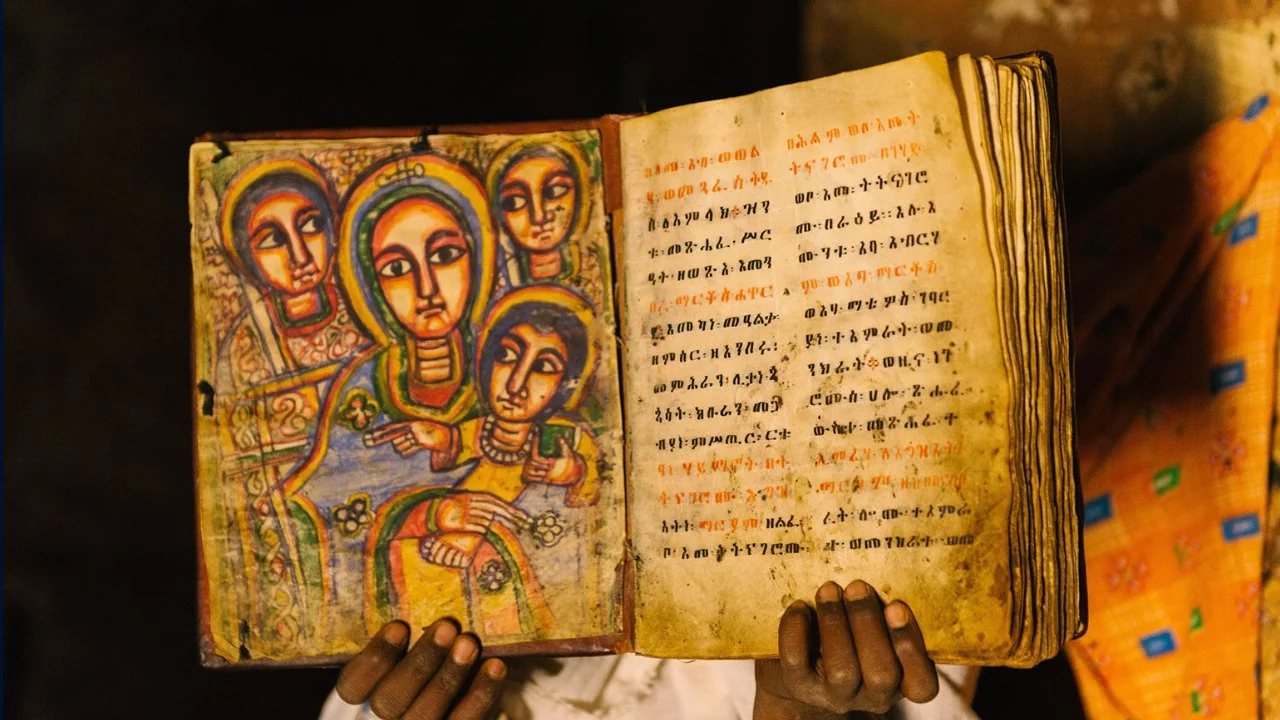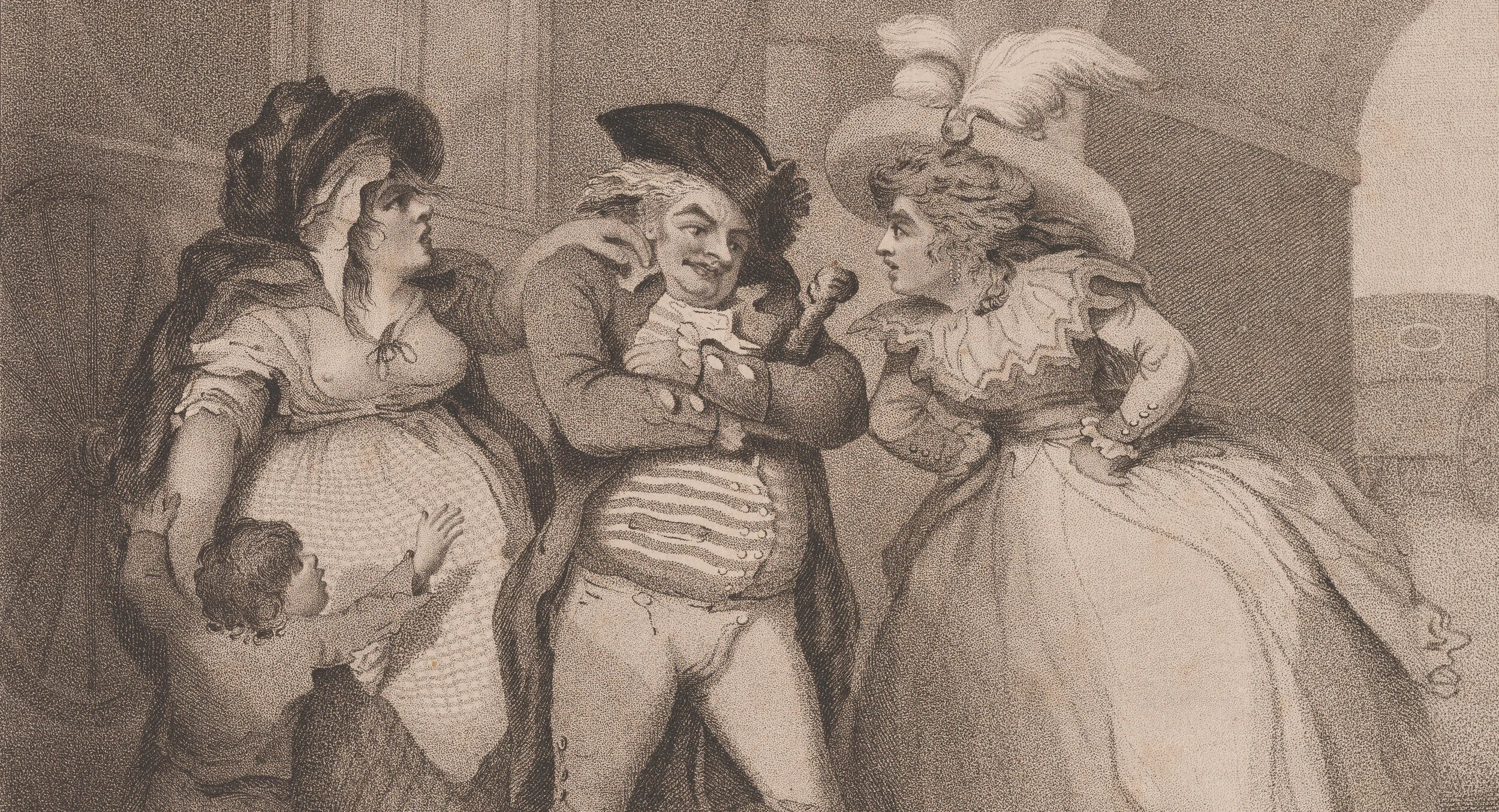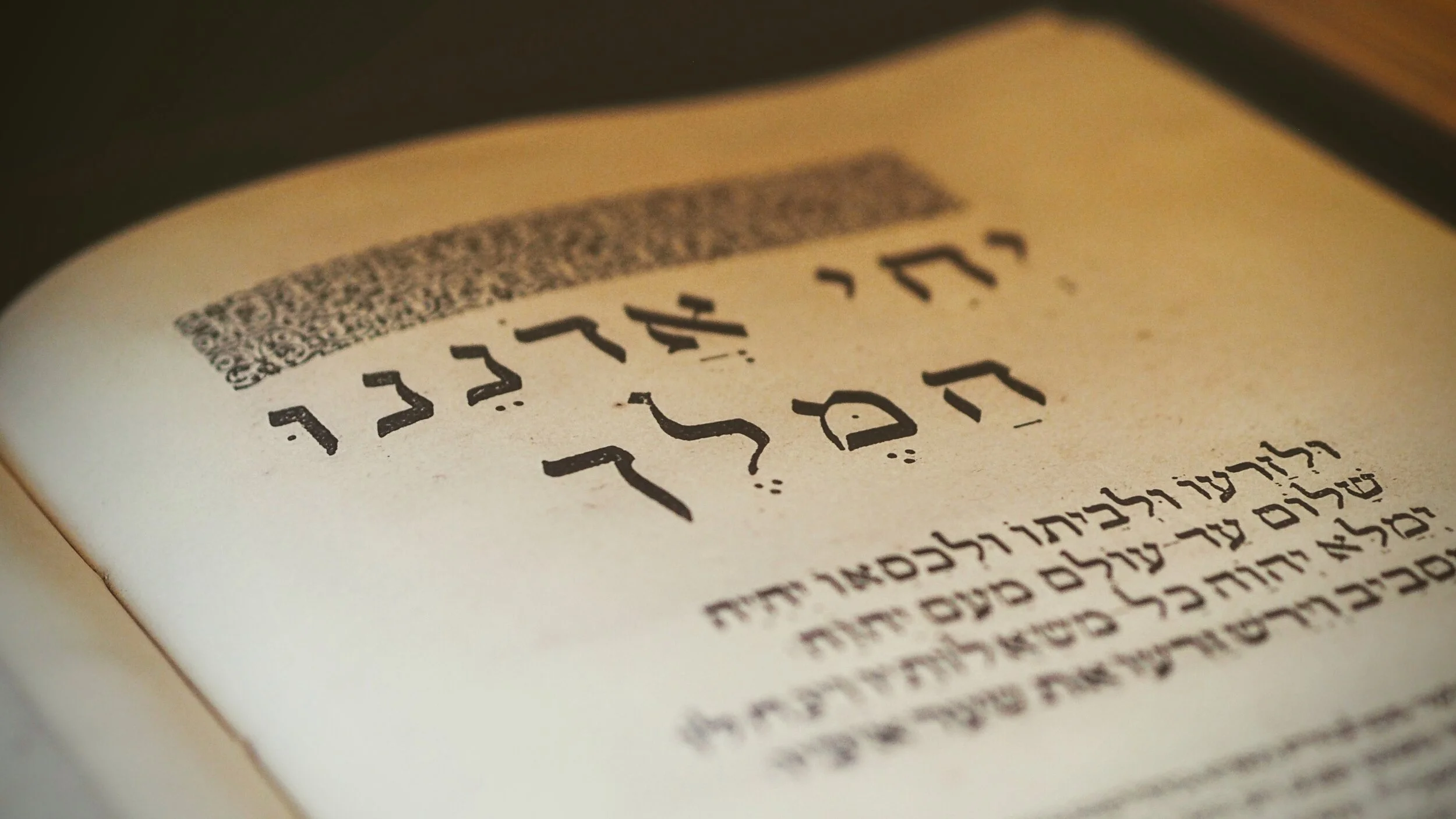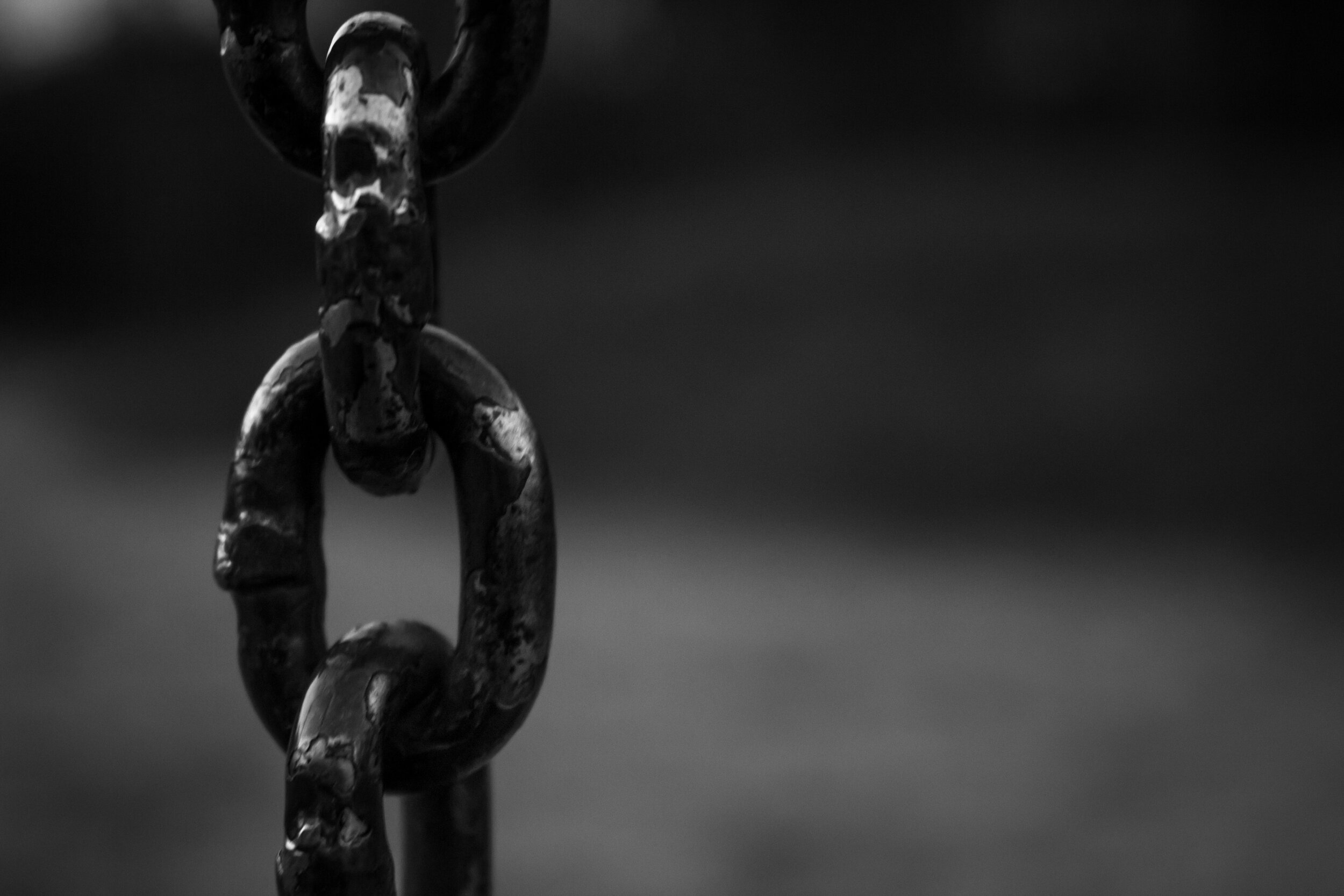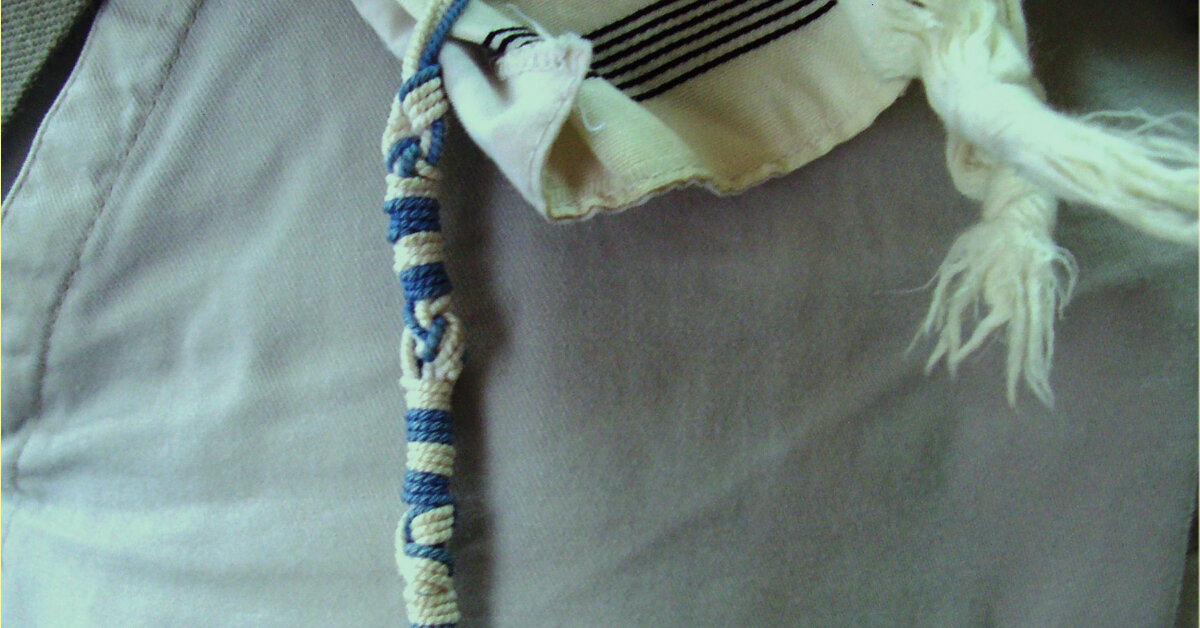Author: David Wilber
The difficulties that we endure in this life are sometimes so painful that we feel stuck in unending sorrow. Many of us have been through tragedies that have left us with a crushing despair, which years later turns into a continuous dull ache that never leaves. We become despondent and therefore reluctant to believe that God could heal us.
These deep emotions are not foreign to the Bible. For instance, the Israelites were so utterly overwhelmed by the oppression of the Egyptians that when Moses finally came to tell them of God’s promise to deliver them, they couldn’t even listen:
Moses spoke thus to the people of Israel, but they did not listen to Moses, because of their broken spirit and harsh slavery. (Exodus 6:9)
Of course, we all know the story. God did deliver them from Egypt as He promised. And He promises to deliver us, too. Indeed, in the world to come, God will wipe away every tear from our eyes and there will be no more pain (Revelation 21:4). And even in this life, believers have been completely healed and set free from affliction. So God can and still does deliver us. While our current circumstances and feelings might make it difficult to trust in God’s power or willingness to set us free, we are to walk by faith. But that is easier said than done, isn’t it?
Even as we have this great promise of deliverance, like the Israelites in Egypt, sometimes it’s still too difficult for us to have hope. And thus, there is no relief from our pain. So what are we to do?
Unlike what you might hear in some religious circles—usually those that tend to emphasize “health, wealth, and prosperity”—the first step to true emotional healing is to understand that it’s okay to feel sad. It’s okay that the pain might still linger in your heart from time to time. Moreover, it’s okay to be honest with God about these feelings and to even express your pain and doubts to Him. Consider the bitter lament of the prophet Jeremiah:
Why did I come out from the womb to see toil and sorrow, and spend my days in shame? (Jeremiah 20:18)
Israel has a rich tradition of lament. All throughout the Bible are examples of people crying out to God, weeping and passionately airing their complaints. An entire book of the Bible, Lamentations, is a five-chapter lament over the destruction of Jerusalem. To shun the bitter expression of grief and sorrow is neither human nor biblical.
The second step is to understand that God has a special place in His heart for hurting people. We can take comfort in the fact that He is near to the brokenhearted (Psalm 34:18). Even in the depths of our despair, we can experience His divine presence in a profound way. Christian Holocaust survivor, Corrie Ten Boom, once said, “There is no pit so deep, that God’s love is not deeper still.” When Yeshua saw His friends mourning the death of Lazarus, He was moved to tears (John 11:33-36). Even in our lowest state, God is near to us, weeping when we weep, and walking with us through all the pain.
The third step is to wait:
I waited patiently for the Lord; he inclined to me and heard my cry. He drew me up from the pit of destruction, out of the miry bog, and set my feet upon a rock, making my steps secure. He put a new song in my mouth, a song of praise to our God. Many will see and fear, and put their trust in the Lord. (Psalm 40:1-3)
We don’t know how long the psalmist had to wait before God drew him from the pit of destruction and put a new song of praise in his mouth, but it most likely took much longer than he would have liked. The saying, “Time heals all wounds,” has a lot of merit. Some wounds just take time to heal. Many believers have waited for years until the Lord finally gave them a spiritual breakthrough. But while they waited, they faithfully served God and others, which leads to the fourth step: Serve others.
If you pour yourself out for the hungry and satisfy the desire of the afflicted, then shall your light rise in the darkness and your gloom be as the noonday. (Isaiah 58:10)
As we focus on ministering to other people, God somehow uses it to minister to us. And indeed, if we had not gone through some of the things we’ve gone through, we would not be able to bring hope and healing to those who have similar painful experiences. There is a redemptive side to the pain we endure when we allow God to use us to help others.
Through these steps we can get a taste of the complete healing we will receive when Messiah returns and ushers in His Kingdom in which pain is no more. And perhaps our hope in God’s great deliverance will be restored as we embrace His divine presence in our sorrow and see His hand move in our ministry to other hurting people.
About David Wilber
David is first and foremost a passionate follower of Yeshua the Messiah. He is also a writer, speaker, and teacher.
David’s heart is to minister to God’s people by helping them rediscover the validity and blessing of God’s Torah and help prepare them to give an answer to anyone who asks about the hope within them (1 Peter 3:15)…





